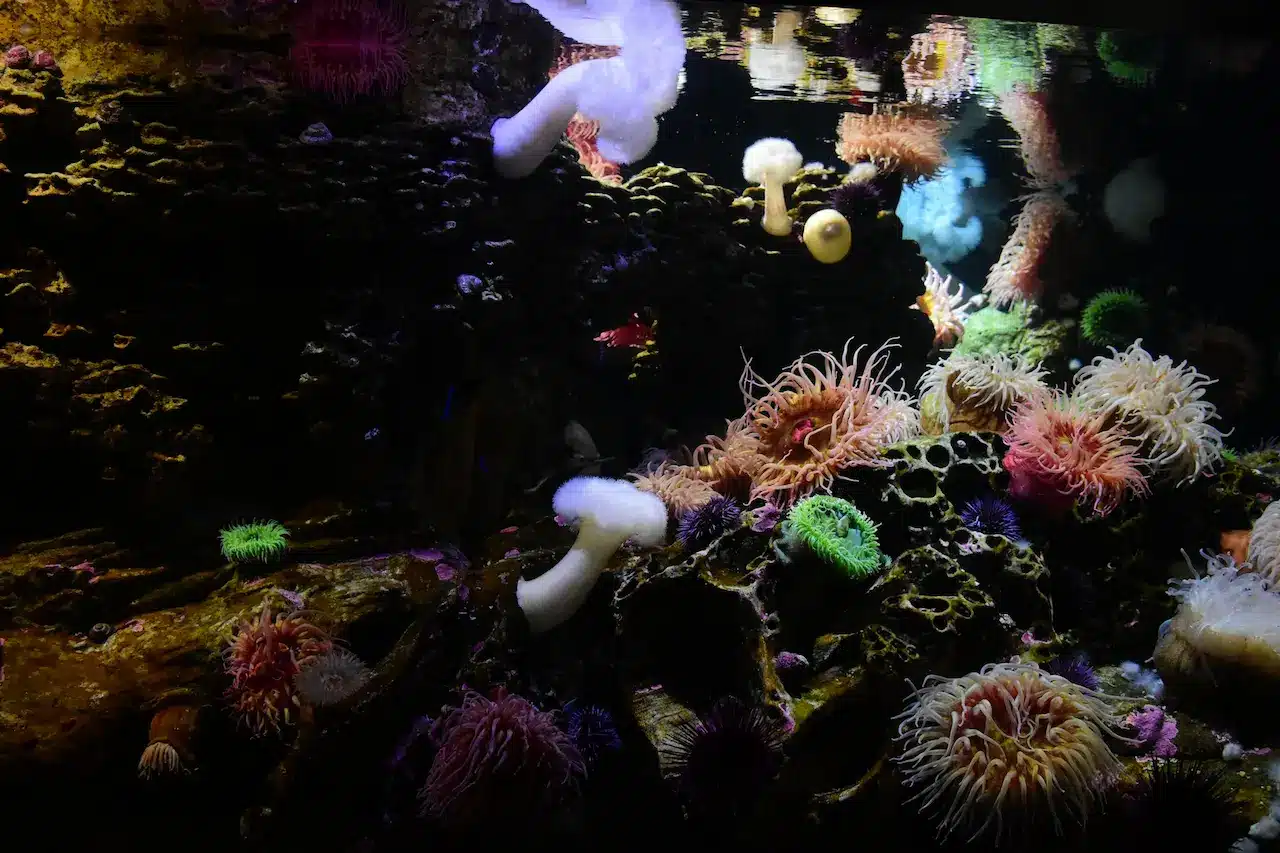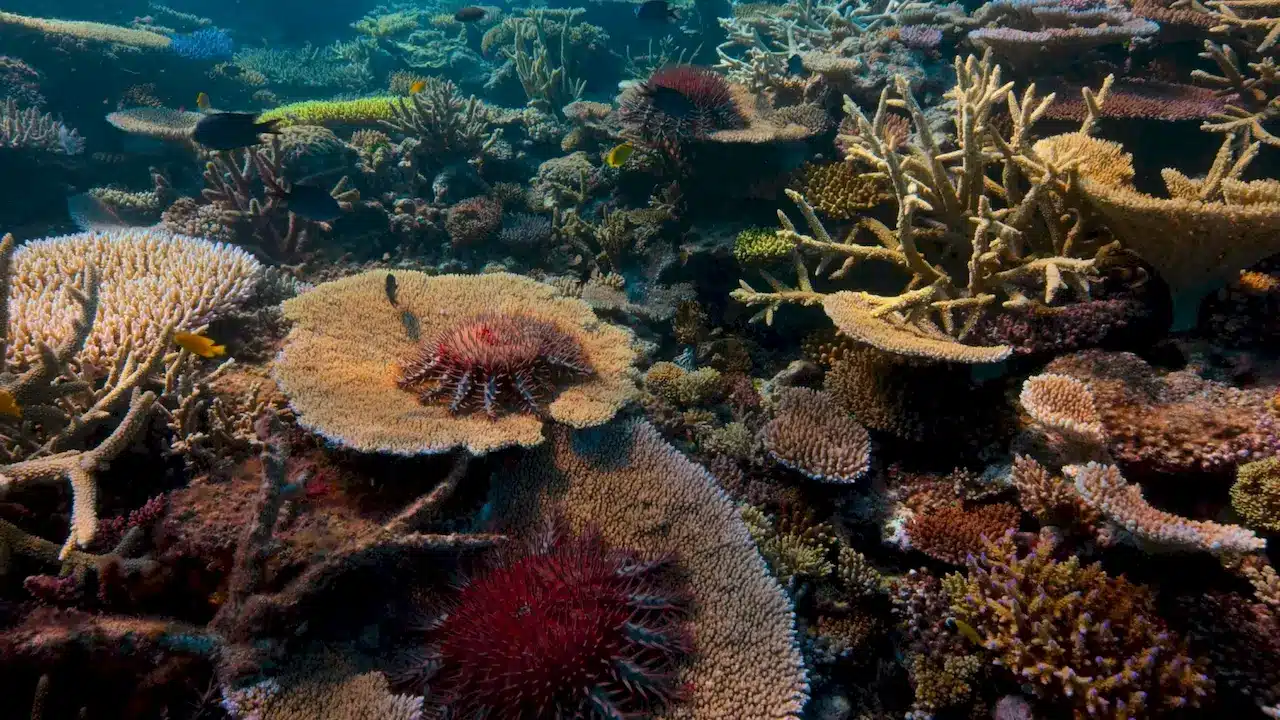Do you think about the future of reefs? Coral reefs are among the most biologically diverse ecosystems on the planet, yet they are rapidly disappearing. Threatened by warming oceans, overfishing, and pollution, reefs are now one of the most endangered marine habitats. According to the Intergovernmental Panel on Climate Change (IPCC), if global temperatures rise by just 1.5°C, up to 90% of coral reefs could be lost. In response to this crisis, coral aquaculture has emerged as a powerful conservation tool. By growing corals in controlled environments and transplanting them to damaged reefs, scientists and environmentalists aim to turn the tide on coral decline.
Understanding Coral Aquaculture
Coral aquaculture refers to the practice of cultivating coral species in man-made environments such as ocean nurseries or land-based tanks. These controlled settings allow for ideal growth conditions, enabling coral fragments to mature more rapidly than in the wild. Once grown, these corals are carefully out planted onto degraded reef structures to aid in their recovery.
This method not only accelerates coral growth but also helps build more resilient reef ecosystems. Aquaculture facilities can monitor water quality, light exposure, and nutrient levels, allowing scientists to fine-tune conditions that promote optimal coral health. The practice reduces reliance on natural coral populations for restoration efforts, easing pressure on fragile reef ecosystems already under threat.

The Role of Coral Aquaculture in Marine Conservation
Conservation today requires active engagement—not just protection, but proactive restoration. One of the most promising innovations in this space is this introduction to Coral Aquaculture, which illustrates its growing relevance in the global effort to preserve ocean biodiversity. Coral aquaculture contributes significantly to marine conservation by facilitating reef rehabilitation, preserving genetic diversity, and promoting species resilience in the face of climate change.
Unlike passive conservation measures like marine protected areas (MPAs), coral aquaculture actively restores lost habitats. It serves as a buffer against extinction for vulnerable coral species by maintaining populations in captivity. These efforts also offer an opportunity to experiment with and scale new coral strains better adapted to future ocean conditions, ultimately ensuring that reef ecosystems have a fighting chance at survival.
Rehabilitating Bleached Reefs
Bleaching events, caused by extended periods of elevated sea temperatures, have devastated iconic reefs such as the Great Barrier Reef and parts of the Coral Triangle. When corals bleach, they expel the symbiotic algae that provide them with food and color, leaving them weakened and susceptible to disease. Recovery without intervention can take decades—if it occurs at all.
Coral aquaculture offers a solution by enabling the targeted reintroduction of resilient coral species into these damaged areas. Transplanting lab-grown corals into bleached sites has shown promising results. In several projects worldwide, coral cover has increased by up to 25% within three years of restoration. Aqua cultured corals, once acclimated to open-sea conditions, can restore the architectural complexity of reef systems, allowing marine life to return and repopulate these vital ecosystems.
Preserving Marine Biodiversity
Reefs are sometimes called the rainforests of the sea because of their astonishing biodiversity. Home to more than one million aquatic species, reefs provide habitat, spawning grounds, and food sources for countless marine organisms. However, biodiversity collapses when coral structures degrade.
Coral aquaculture directly supports biodiversity by reinstating the structural complexity necessary for various marine species to thrive. Branching and boulder corals, in particular, create physical niches that support species such as clownfish, gobies, and spiny lobsters. As reef complexity returns, so does species richness and abundance. Coral aquaculture doesn’t just restore corals—it revives entire ecosystems from the base up.

Empowering Coastal Communities
The benefits of coral aquaculture extend beyond environmental gains. For many coastal communities, especially in developing nations, coral farming presents a valuable economic and social opportunity. By involving locals in coral nursery operations, diving work, and maintenance, these programs create sustainable livelihoods.
In countries like Indonesia, Fiji, and the Philippines, community-led coral farming initiatives have become increasingly popular. These programs provide alternative income sources to fishing, reducing strain on local fish stocks while empowering residents to become stewards of their marine environments. Moreover, involving communities ensures that restoration efforts are rooted in local knowledge and sustained by long-term engagement.
Fueling Scientific Innovation
Coral aquaculture isn’t just a practical solution—it’s also an incubator for cutting-edge science. Researchers utilize aquaculture systems to study coral genetics, microbiomes, and responses to changing environmental conditions. These controlled settings allow for experimentation without risking wild populations.
Innovations like microfragmentation, which breaks corals into smaller fragments to speed up growth rates, have revolutionized coral farming. Other breakthroughs include thermal conditioning, where corals are exposed to elevated temperatures in early life stages to increase future tolerance. These advances are being applied in real-world restoration efforts, resulting in hardier, faster-growing corals.
Additionally, coral aquaculture plays a vital role in preserving rare or endangered coral species. Cryopreservation techniques are now being used to store coral gametes and embryos for future restoration. This scientific groundwork ensures that we maintain genetic diversity, even if natural populations continue to decline.
Supporting Eco-Tourism and Education
Eco-tourism plays a significant role in the economies of many island nations and coastal regions. Healthy coral reefs attract millions of snorkelers and scuba divers annually. However, reef degradation leads to a decline in marine tourism, impacting local livelihoods and conservation funding.
Coral aquaculture helps rejuvenate these tourist hotspots by restoring the visual and ecological appeal of reefs. Rehabilitated reefs offer an immersive experience for visitors while showcasing the importance of marine conservation. Dive resorts and marine sanctuaries often collaborate with coral farms to organize educational tours and hands-on programs, allowing tourists to plant corals and contribute directly to restoration efforts.
These educational experiences leave a lasting impression, transforming tourists into advocates for ocean preservation. They also generate revenue that can be reinvested into long-term conservation projects, creating a sustainable model where nature and business work in harmony.
Addressing Climate Resilience
As global temperatures rise, ocean heatwaves and acidification events are becoming more frequent and severe. Coral reefs are particularly vulnerable to these changes. Traditional conservation efforts alone cannot keep pace with the speed and scale of climate impacts. Coral aquaculture, however, offers a forward-looking solution.
Through selective breeding and environmental conditioning, researchers are now cultivating corals that exhibit higher resilience to temperature stress and lower pH levels. These corals, once transplanted, serve as building blocks for more climate-tolerant reef systems. According to a 2023 NOAA study, reefs restored with heat-resilient coral strains demonstrated up to 40% greater survival during marine heatwaves compared to unassisted sites.
In the long term, these interventions may help buy critical time for reefs until broader climate mitigation strategies take hold. Coral aquaculture represents both a stopgap and a scalable path toward adaptation in the face of ecological upheaval.
Image source: https://unsplash.com/photos/a-large-group-of-corals-on-a-coral-reef-IqvUD1pdAOc
Coral reefs face unprecedented challenges, but hope is not lost. Coral aquaculture is proving to be a vital tool in the global movement to restore, protect, and future-proof reef ecosystems. By combining science, community engagement, and practical restoration, this approach has the power to reverse the damage and ensure that these marine wonders endure for generations to come. The ocean’s future may very well depend on the success of coral farming efforts launched today.